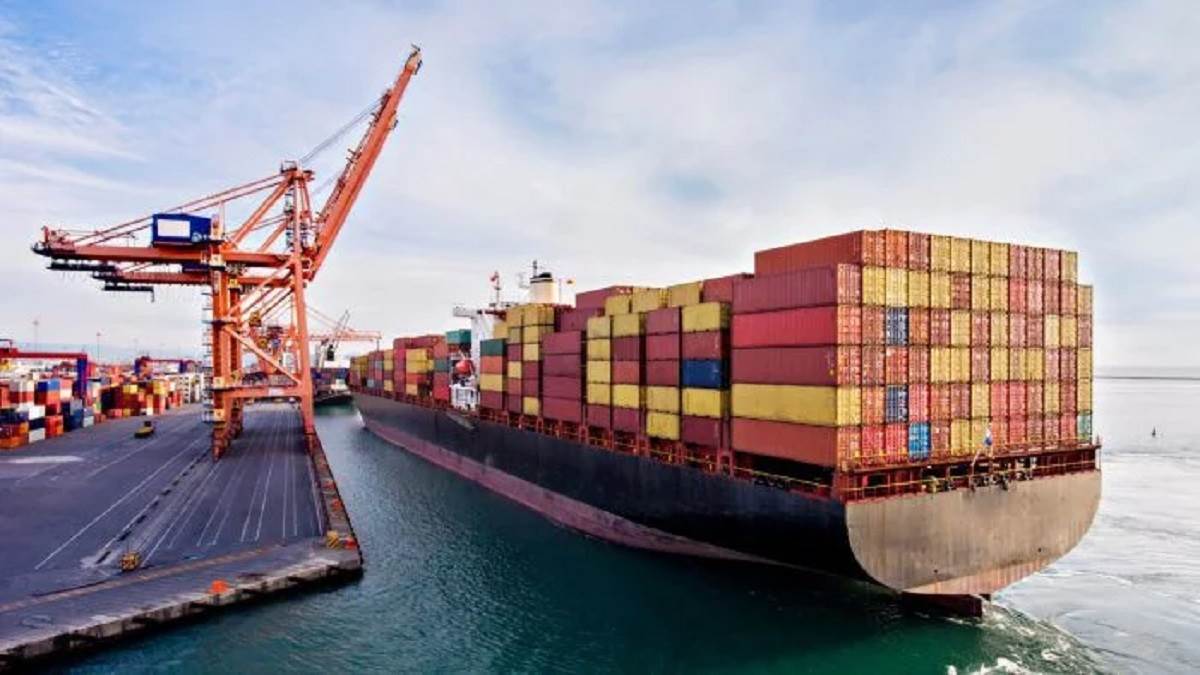Agri-tech Innovators: What They Do and How They Impact Farming
What Are Agri-tech Innovators and What Do They Do?
India is an agricultural country; however, it is currently facing several challenges such as climate change, water scarcity, and declining agricultural productivity. The solution to these challenges lies in Agri-tech innovators who work to make farming smarter, more efficient, and sustainable by combining agriculture with technological innovations.
Agri-tech innovators collect real-time data about farms using IoT, AI, and sensors, providing farmers with information on the correct usage of irrigation, fertilizers, and pesticides. In precision agriculture, they help farmers use water, fertilizers, and pesticides accurately by utilizing drones, GPS systems, and remote sensing technology.
They also develop sustainable solutions such as hydroponics, vertical farming, and bio-fertilizers, which reduce the environmental impact of traditional farming. By creating digital platforms, they help farmers connect directly with customers. Using data analytics and AI, they analyze large data sets using machine learning to help farmers make better decisions regarding crop production, market trends, and long-term strategies.
The Indian agriculture sector is being affected by climate change, shrinking agricultural land, water scarcity, and unpredictable weather patterns. The solution to these problems lies in technological innovations. To increase India’s agricultural exports and compete globally, adopting modern farming practices is essential. Agri-tech innovators assist farmers in increasing productivity, enabling them to compete in the global market. The Indian government is also encouraging agri-tech through schemes like PM-Kisan, Digital India, and Startup India.
To become an agri-tech innovator, knowledge of AI, IoT, blockchain, and data science, the ability to understand and analyze agricultural data, a basic understanding of agriculture, and knowledge of the local farmers’ needs are essential.





